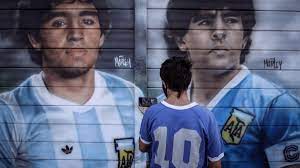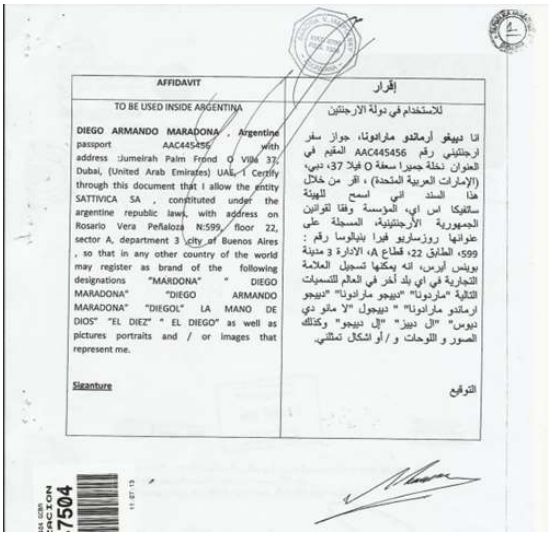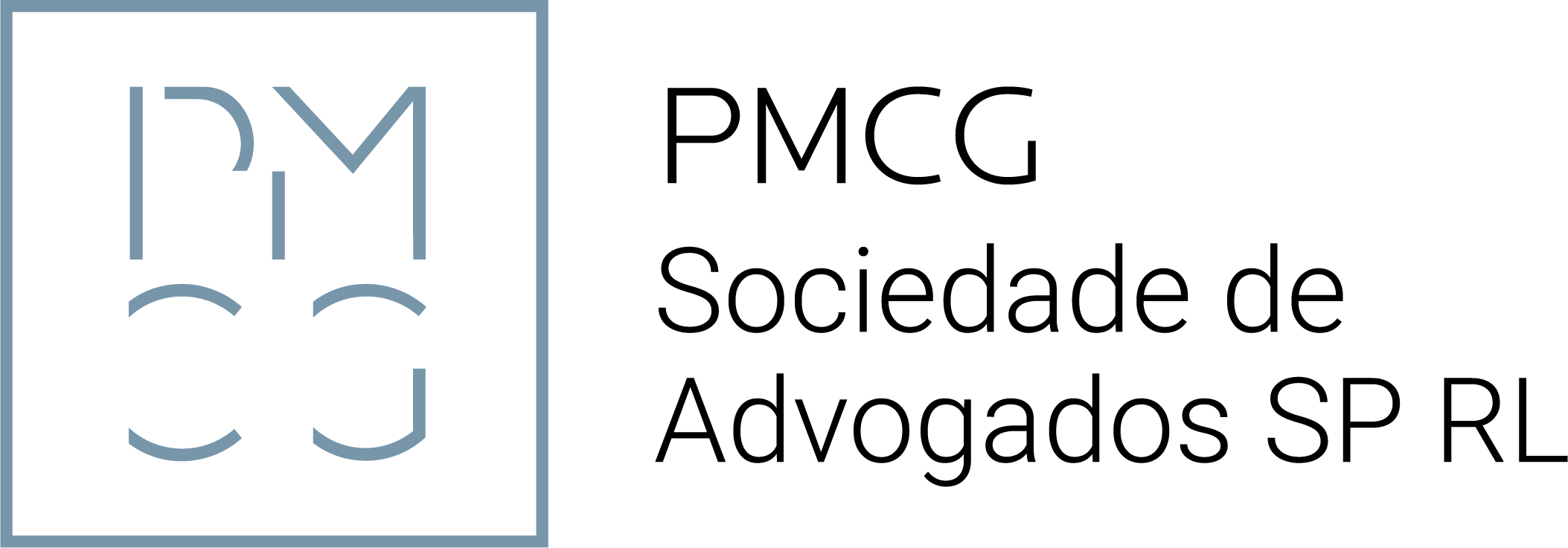“IP Law, Trademarks, and Public Figures’ Names: The Maradona Case”

The General Court of the European Union Upholds EUIPO’s Decision in the DIEGO MARADONA Trademark Legal Battle
In a recent decision, the EUIPO Boards of Appeal addressed a complex case (Case R 755/2021-1) involving the right to register the transfer of ownership of the trademark “Diego Maradona,” registration number 2243947, originally held by the legendary football player.
The Case: This case was initiated by Sattvica, S.A., a company that sought and, on two separate occasions, obtained the transfer of ownership of the “Diego Maradona” trademark. However, their submitted documentation failed to provide sufficient evidence of the trademark assignment.
Initially, Sattvica presented an authorization dated December 2015, granting them the authority to “commercially manage” a series of trademarks associated with the famous football player. This authorization seemingly included the trademark “Diego Armando,” along with two other authorizations lacking specific dates for the use of the related trademarks. Notably, these documents lacked crucial details such as registration numbers and the countries of validity.

In a subsequent application for the transfer, Sattvica’s representative provided two of the previously mentioned authorizations, along with a general power of representation issued by Sattvica to its own representative. Sattvica argued that the authorizations granted by Diego Maradona during his lifetime could be considered valid as a transfer of ownership, a claim that was ultimately not upheld.
In both instances, the representative of the owner of the EU trademark “Diego Maradona” called upon the EUIPO to declare the nullity of the aforementioned transfers in favor of Sattvica. In both cases, the EUIPO ruled that the transfers were made in error and thus were null and void.
Sattvica appealed the second EUIPO decision, turning to the Boards of Appeal. They requested the revocation of the contested decision and an explanation regarding the error, as well as the failure to grant an opportunity to rectify the situation. Meanwhile, Maradona’s heirs also sought the transfer of ownership of the European trademark “Diego Maradona.” They emphasized that, under Article 1329 of the Commercial and Civil Code of the Argentine Republic, the principal’s death—in this case, Diego Maradona—results in the termination of the mandate. Consequently, Sattvica did not possess the authority to make the application for the transfer.
The Decision: On March 21, 2022, the Boards of Appeal rejected Sattvica’s appeal. They highlighted that, following the death of an EUTM proprietor, the immediate effect is universal succession, where the heirs of the deceased acquire ownership of the trademark and the exclusive right to transfer its associated rights.
As per Article 20(3) of Regulation (EU) 2017/1001, the assignment is valid only when made in writing and signed by both parties. Furthermore, Article 20(5) stipulates that the application for registration of a transfer must include information identifying the EU trademark, its new owner, the relevant goods and services, and supporting documents substantiating the transfer.
The Boards of Appeal clarified that the EUIPO would examine documents solely to confirm the information provided in the transfer application. The EUIPO does not address contractual or legal matters arising from national law. Any legal doubts should be resolved through national courts.
Notably, Diego Maradona passed away on November 25, 2020, months before Sattvica submitted its first transfer application.
The Boards of Appeal reached the following conclusions:
- The contested decision was adequately motivated, as the Office affirmed that the second application failed to provide further evidence justifying the transfer, as required by Article 20(5) of the Regulation.
- The decision not to grant an opportunity for rectification was justified due to the impossibility, following the football player’s death, of correcting the documents on which the application was based.
Additionally, during the dispute, Maradona’s heirs presented an order from the Argentinian Juzgado Nacional de lo Criminal y Correccional (National Criminal and Correctional Court), which prohibited Sattvica from renewing and closing contracts related to trademarks associated with Diego Armando Maradona’s name, pseudonyms, and image in all its forms, both within the Argentine Republic and internationally. The Boards of Appeal considered this order to further reinforce the impossibility of rectification.
Lastly, even if rectification were theoretically possible, Sattvica did not seek authorization from Maradona’s heirs, even during the appeal process, to address the irregularities in the transfer application. Consequently, Sattvica’s appeal was dismissed, and the contested decision was upheld.
PMCG



